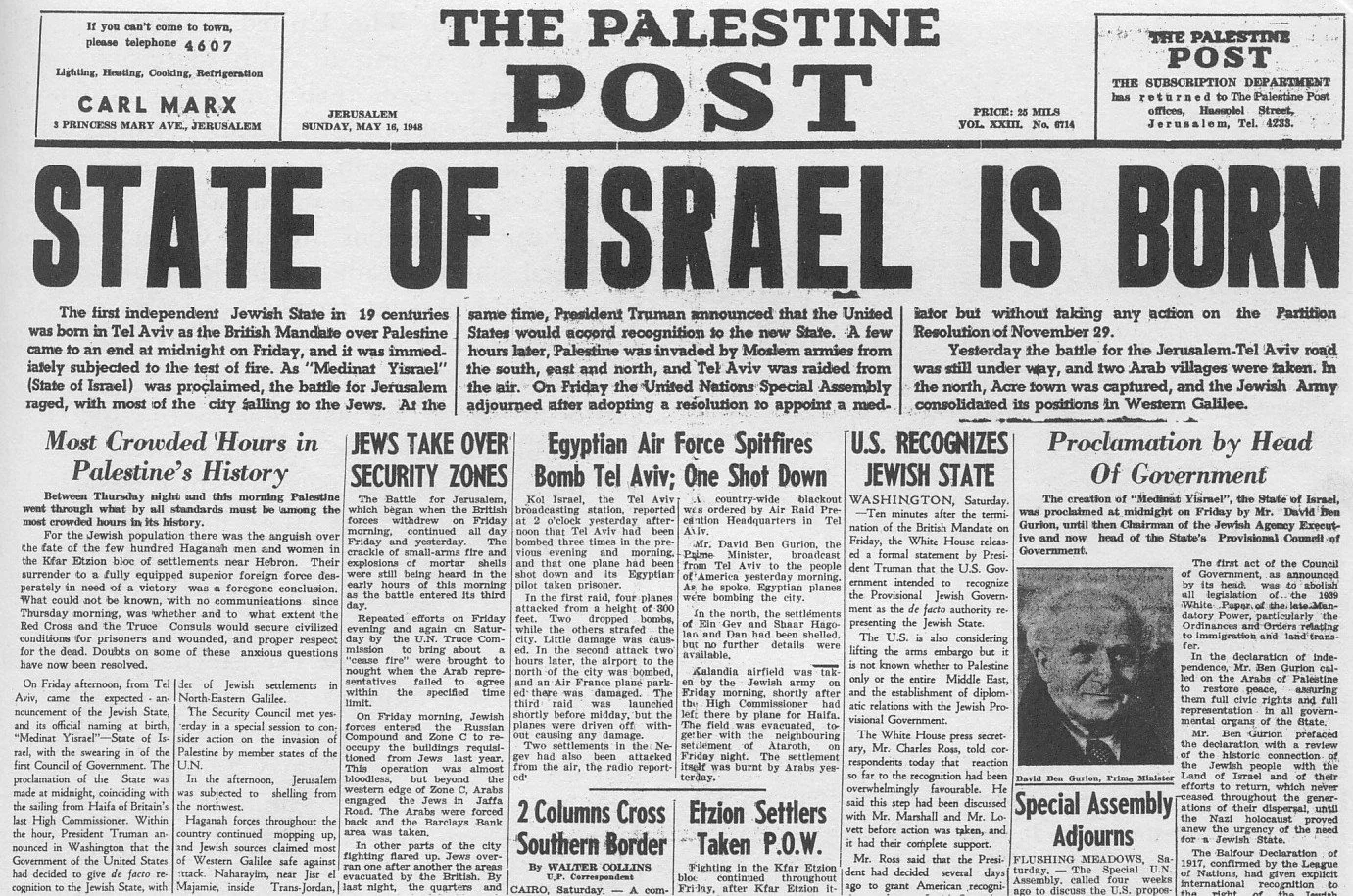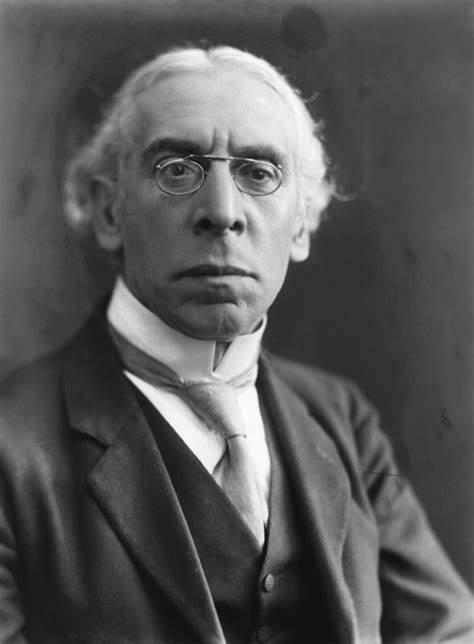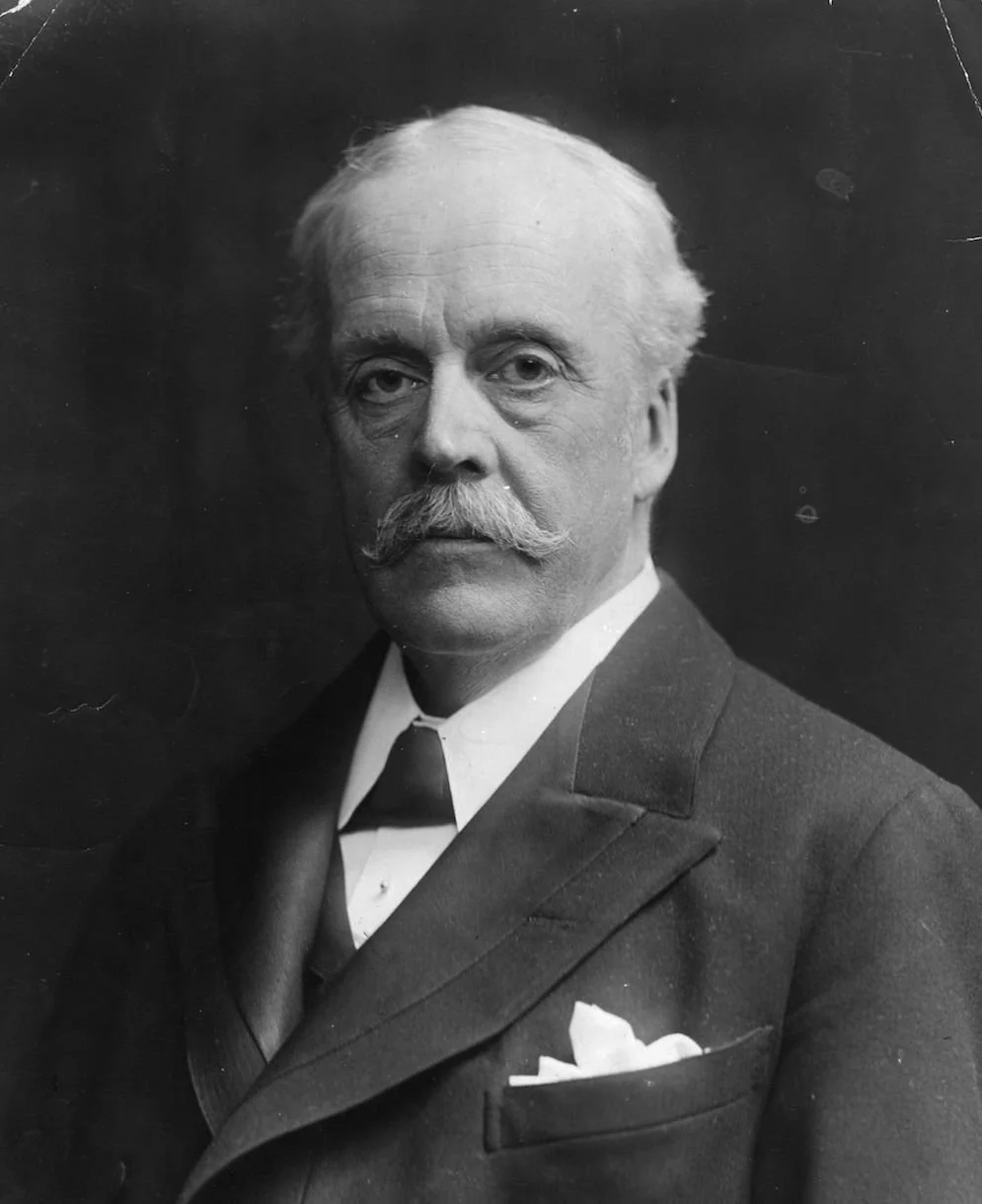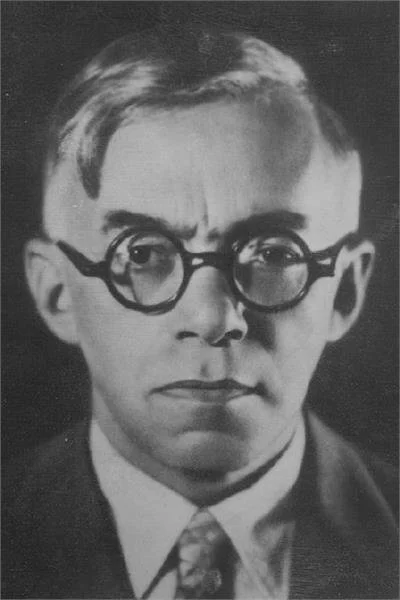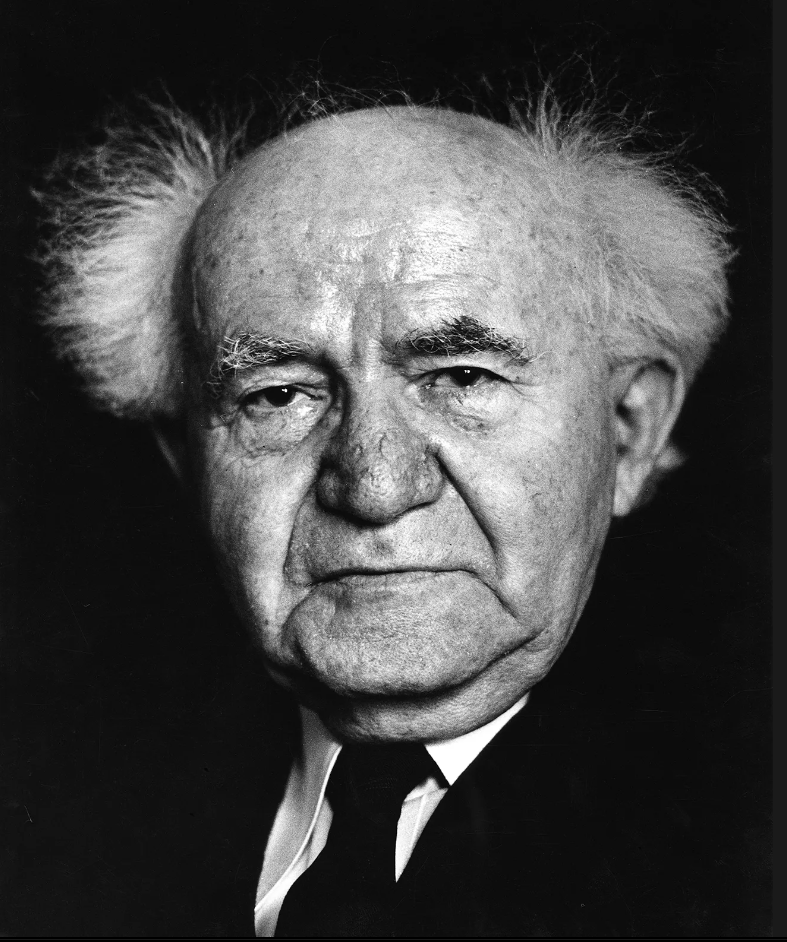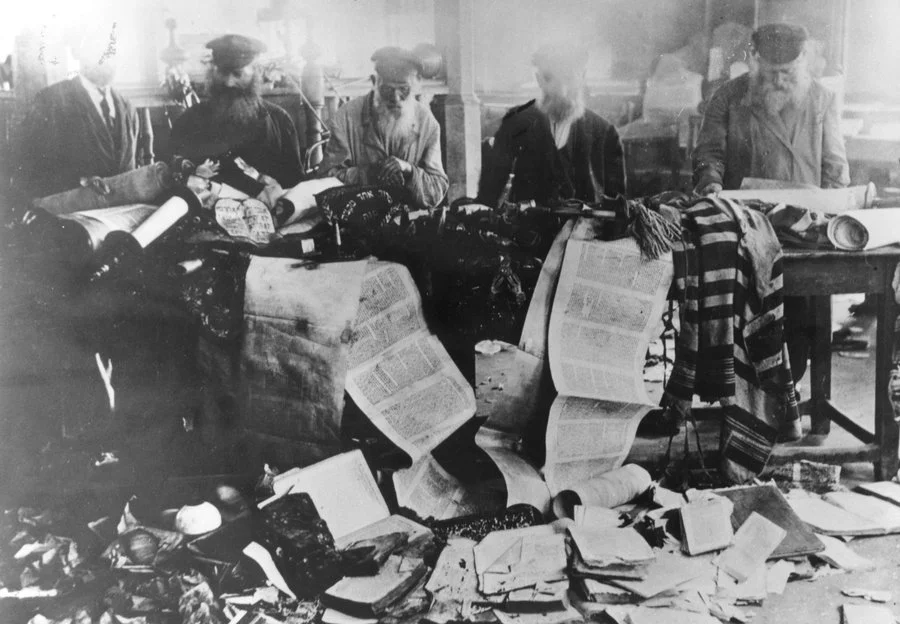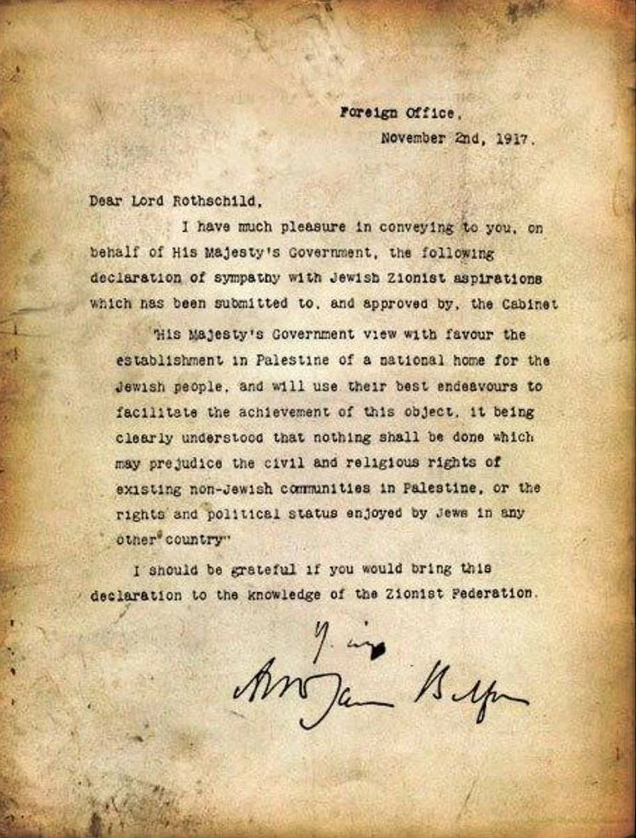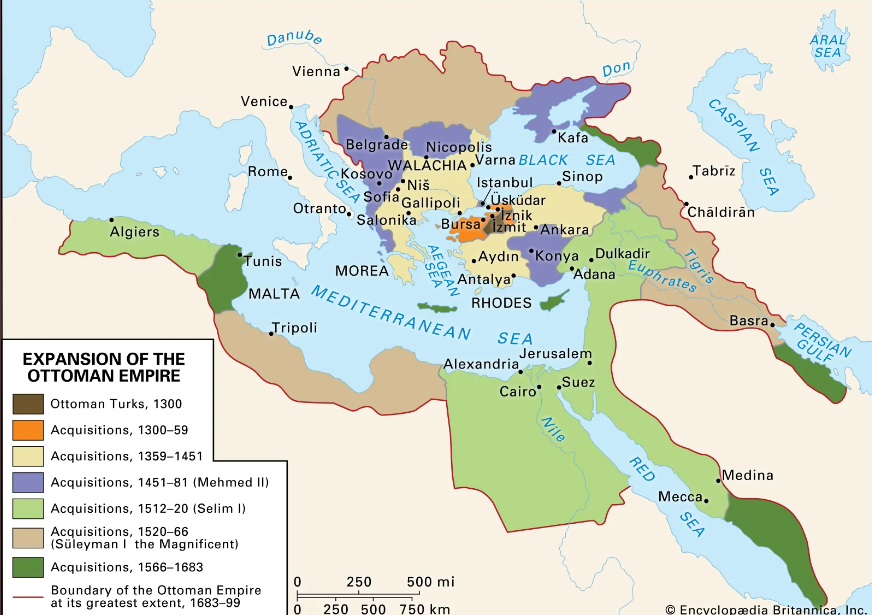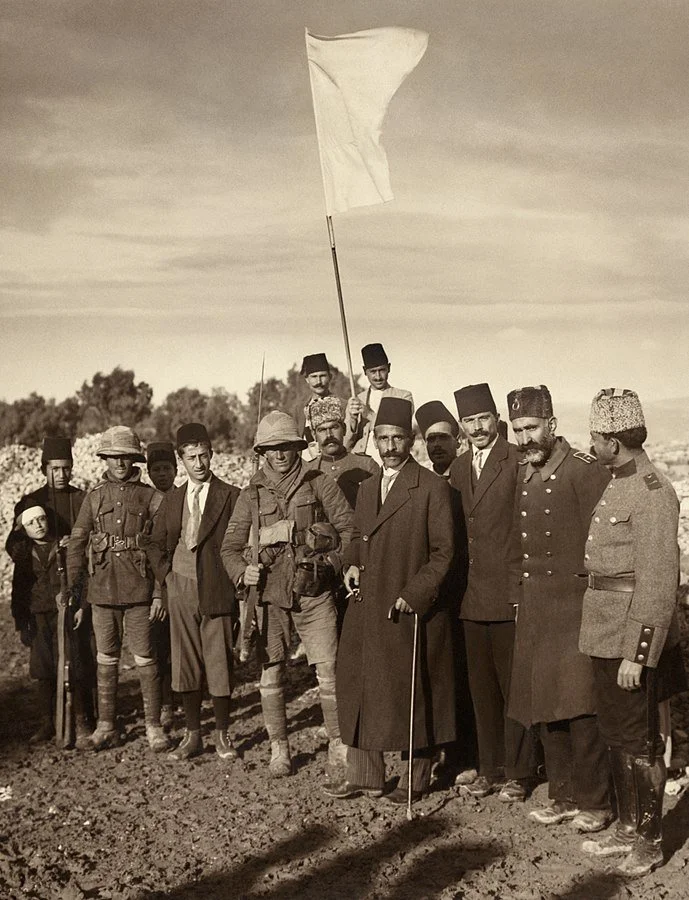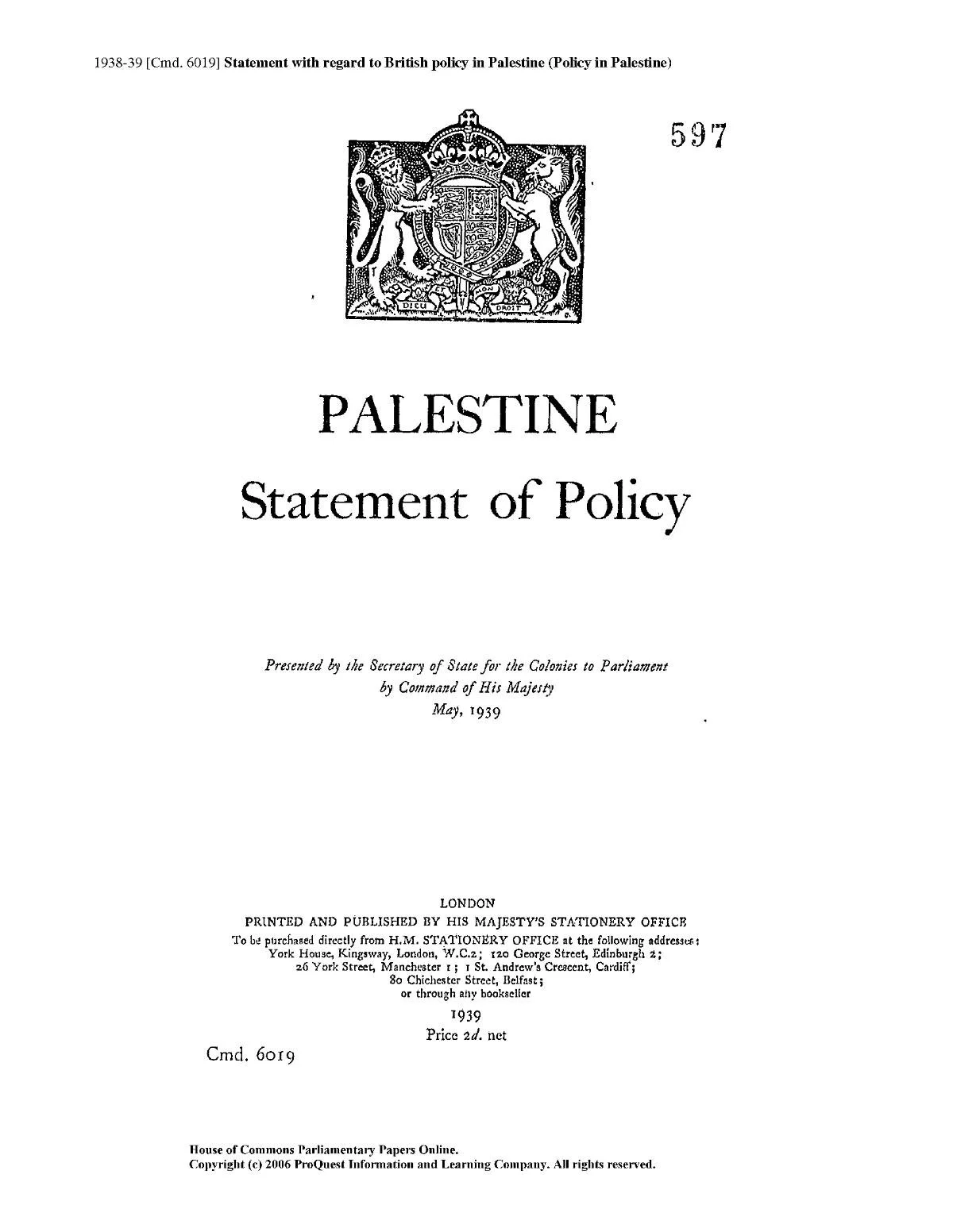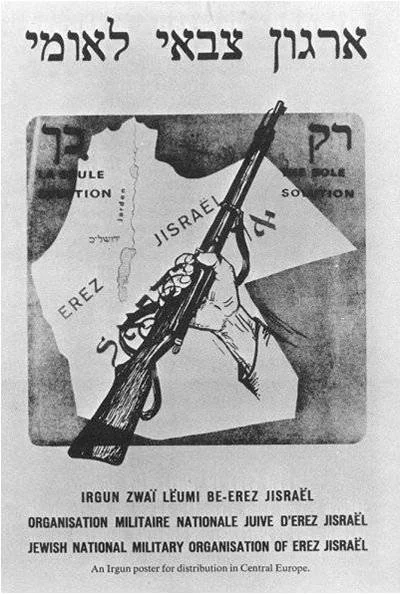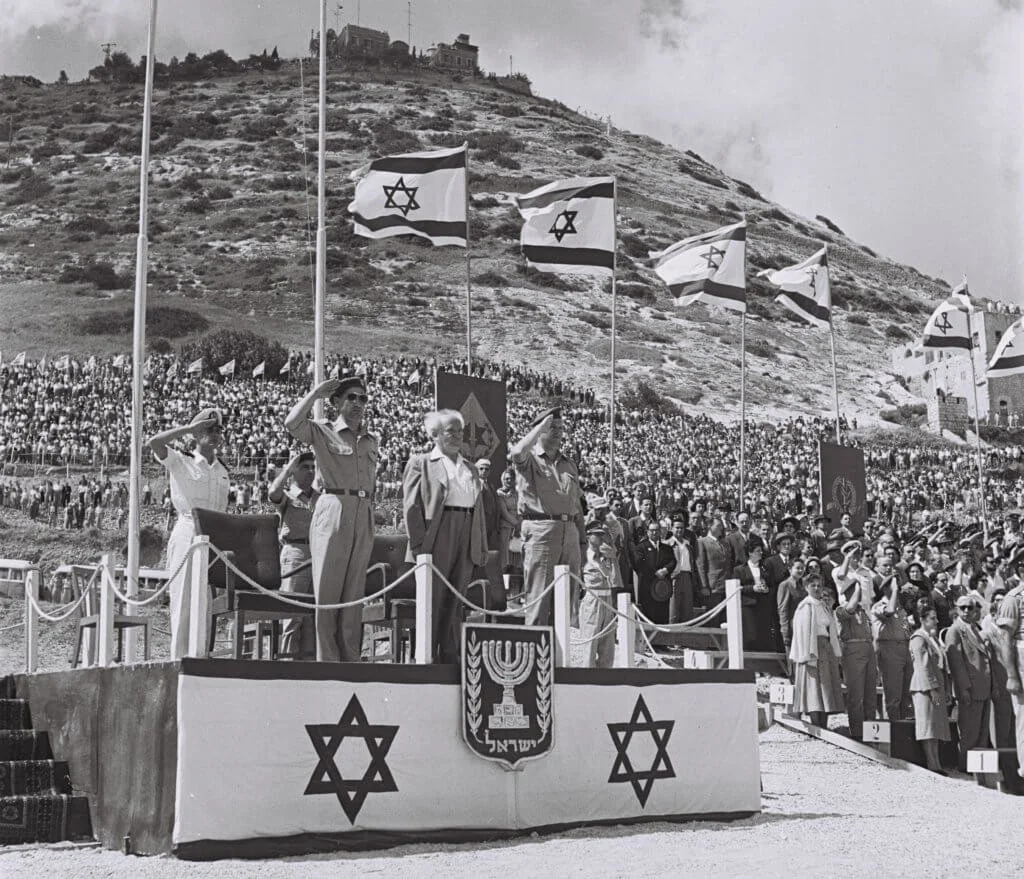Learning Experience Goal:
I will be able to describe the origins of Israel and the ideas of its founders.
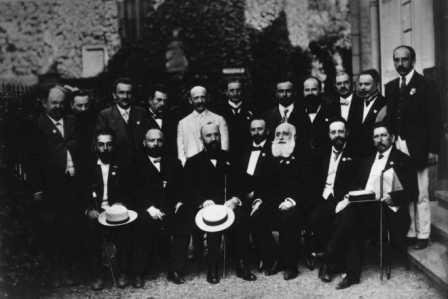
2.1 Photo analysis
Source: The Palestine Post, Jerusalem. Sunday, May 16th, 1948.
Respond either true or false to the following statements, using this front-page image of “The Palestine Post.” Support all answers with evidence.
True or False and WHY:
1. The state of Israel has been around for hundreds and hundreds of years.
2. The establishment of Israel was a peaceful process.
3. Israel was established in Palestine.
4. The United States disapproved of Israel’s establishment.
2.2 Meet some of Israel’s founders
The founding date of Israel is May 14th, 1948. Scroll through the gallery to learn about some of Israel’s founders and earliest supporters. Who were they? What did they believe? Respond to the quote questions.
“Oppression and persecution cannot exterminate us [the Jewish people]. No nation on earth has survived such struggles and sufferings as we have gone through.”
Theodor Herzl, 1897
“The Jews who wish for a State will have it. We shall live at last as free men on our own soil, and die peacefully in our own homes. The world will be freed by our liberty, enriched by our wealth, magnified by our greatness.”
Theodor Herzl, 1897
Quote Questions
What do you think is one of Herzl’s main arguments for a Jewish State? Do you agree with him?
What does Herzl mean by, “the world will be freed by our liberty, enriched by our wealth, magnified by our presence”?
"Zionism is a transfer of the Jews. Regarding the transfer of the [Palestinian] Arabs this is much easier than any other transfer. There are Arab states in the vicinity . . . . and it is clear that if the [Palestinian] Arabs are removed [to these states] this will improve their condition and not the contrary."
David Ben-Gurion, 1944
“We mustn’t flinch from the hatred that accompanies and fills the lives of hundreds of thousands of Arabs, who live around us and are waiting for the moment when their hands may claim our blood. We mustn’t avert our eyes, lest our hands be weakened. That is the decree of our generation. That is the choice of our lives — to be willing and armed, strong and unyielding, lest the sword be knocked from our fists, and our lives severed.”
Moshe Dayan, 1956
Quote Questions
What does Ben-Gurion mean by “transfer of the Jews?” How does he see this affecting Arabs?
Look above at Dayan’s bio. What do you imagine life was like when he had military power in Palestine?
2.3 What are the origins of Israel?
Israel
Israel is a colonial state that has occupied the land of historic Palestine “officially” since 1948. Israel was founded by European men who believed in something called Zionism, a movement that still very much exists today.
Zionism
Zionism is a movement to build and protect an independent Jewish nation in historic Palestine. Zionism is based on the word Zion, a Biblical reference to Jerusalem. As mentioned in the first lesson, Jerusalem is a very ancient and holy land, sacred to Jews, Christians and Muslims. Zionists, however, believe that Jews are God’s chosen people and that Jerusalem and the land around it is promised only to them. Christian Zionists, on the other hand, support Israel for other reasons, including a prophecy that the rebuilding of a Jewish nation in the Holy Land will bring Jesus Christ back to Earth as king.
Although Biblical ideas about the return to a Jewish homeland have long existed and some Zionists are religious, the Zionist movement is more of a political movement. Even Theodor Herzl, called the “father of Zionism,” was a secular Jew (a non-religious Jew). Driven by the anti-Jewish violence in Europe, the Austrian-Hungarian Herzl helped popularize Zionism in his 1896 book titled “Der Judenstaat,” (“state of the Jews” or “Jewish state”). The subtitle of his book translates to “proposal of a modern solution for the Jewish question.” In it, Herzl envisioned an agricultural paradise for the Jewish people.
In 1897, Herzl and fellow Zionists organized a conference of like-minded European men in Basel, Switzerland. The purpose was to turn the idea of a Jewish state into a reality. Although locations like Argentina and Uganda were suggested, it was decided that Palestine’s ties to Judaism would be a good selling point. After the conference, Zionists stepped up their efforts, spending money and time to round up support for the Jewish homeland. The movement spread and even in the United States, Christian and Jewish Zionists helped the effort. Support even came from non-Zionists, sometimes from European leaders only too happy to remove Jews from their own countries.
As for the Zionists, they have always been clear to “claim as much of historic Palestine as possible, by driving out as many Palestinians as possible.” They got their chance in the aftermath of WWI.
Theodor Herzl was the author of Judenstaat, 1896.
Pograms against Jews in Russia, 1871.
Members of the Basel Zionist Congress, 1897
The Balfour Declaration
By the early 1900s, Zionists in Europe were hard at work lobbying for the creation of a Jewish state. In Britain, they secured the written approval of a member of the British government, which proved very useful later. In November of 1917, Lord Arthur James Balfour wrote a letter to Lionel Walter, 2nd Lord Rothschild. Balfour was the Foreign Secretary of the British government. Rothschild was a Zionist, a leading member of the British Jewish community, and a member of the very wealthy and powerful Rothschild banking family. In his letter, Balfour expressed his support for the “establishment in Palestine of a national home for the Jewish people.” The expectation was that the Jewish community would help Britain finance the very expensive war they were currently fighting- also known as World War I. Balfour’s letter came to be known as the Balfour Declaration. It gave the Zionists the validation they wanted. Before the war even ended, a Zionist commission led by Chaim Weismann was already headed to Palestine.
“His Majesty’s government view with favour the establishment in Palestine of a national home for the Jewish people… it being clearly understood that nothng shall be done which may prejudice the civil and religious rights of existing non-Jewish communities in Palestine…” - Lord Balfour
The British
Between 1914 and 1918, the first World War was fought between the “Central Powers,” (Austria-Hungary, Germany, and the Ottoman Empire), and their enemies, the “Allies,” (France, Britain, and the United States).The Ottoman Empire, at this time, included the land of Palestine, which had been under Ottoman rule for about 400 years.
In 1917, the Ottoman Empire found itself on the losing side of the war when the British were able to take Jerusalem. After the war, the newly formed League of Nations decided how to distribute the captured territory. In 1920, they gave Britain the mandate over Palestine, which meant they would have political control over the land until Palestinians were “ready” to be independent.
The British made promises to several different groups during the war. In the Husayn-McMahon letters, the British government had agreed to recognize Arab independence after the war in exchange for Arabs fighting alongside them against the Ottoman Empire. Meanwhile, in the Sykes-Picot Agreement, Britain and France were secretly plotting to divide the land in the Middle East amongst themselves. And of course, the British had made commitments to the Zionist communities in Europe in the Balfour Declaration.
In the end, the British chose to support the Zionists and include the Balfour Declaration in the Mandate, which was considered a betrayal to Arab leaders and the indigenous Palestinian population. This was the “official” permission Zionists had sought in order to move forward with their plans to colonize Palestine.
On December 9th, 1917, the Mayor of Jerusalem, Hussein Salim Al-Husseini (seen here with the cane), surrendered to the British on behalf of the Ottomans.
Zionist colonies
When the British Mandate went into effect in 1923, Jews made up about 6% of the Palestinian population. Christians were the next largest group. The majority were Muslims, a result of four hundred years of living under the Islamic Ottoman Empire. For the most part, these groups got along. Jewish immigrants were even welcome early on.
This dynamic would change when the British Mandate gave permission to Zionists to colonize Palestine and set up their Jewish nation. With British support and protection, Zionist leaders actively recruited Jews to relocate from Europe, which led to a steady increase in Jewish population. A local Jewish agency was set up, with David Ben Gurion in charge. Schools, businesses, government agencies, etc. were set up. In 1921 the Haganah was established as the Zionists’ military arm. By the time World War II broke out in 1939, around 16,000 Jews had settled in Palestine, mostly from Europe.
Zionist settlement
Palestinian resistance
Although Arab leaders tried to work things out diplomatically with the British, there was resistance from the Palestinian people from the beginning. In 1936, Palestinians held a general strike to oppose the growing number of Zionist settlements, which the British responded to with military force. Nevertheless, Palestinian resistance continued to grow and deaths were experienced on both sides. The British were eager to squash Palestinian resistance, which was complicating ongoing deals with the resource-rich Arabs. They set up the Peel Commission in 1937 to investigate the Palestinian “problem.” Their proposal was to partition the land into a “Jewish state” and an “Arab state,” with Jerusalem remaining under British mandate. But with ongoing resistance and pressure from Arab leaders, nothing yet was done.
The “White Paper”
White Paper, 1939
In addition to pressure from Arab leaders and Palestinian opposition, the British were also facing major problems back home. Europe was once again at the brink of a global war. In November 1939, about a month after Britain declared war on Nazi Germany, the British issued the “White Paper” decree. In it, the British decided against land partition in Palestine. In addition, they decided to limit Jewish migration and to support Palestinian independence in 10 years’ time.
Zionists were furious at the British decision; especially since Jews in Europe were desperately trying to escape genocide at the hands of the Nazis. Zionists decided to ignore the White Paper. Instead, they formed paramilitary groups such as the Irgun and carried out terrorist attacks on the British as well as the Palestinians. Their goal was to secure more Palestinian land for Jews and more passage for Jews from Europe. Militant Jewish leaders such as Ze’ev Jabotinsky began to surface as the voice of Zionism. By 1964, an estimated 376,415 Jews had migrated to Palestine.
Irgun Propaganda Poster, 1931
Irgun fighters in training, 1947
U.N. Partition Plan, 1947
In the aftermath and recovery from the devastation of World War II, the British decided they were done dealing with Palestine. In 1947, they turned the decision of what to do with Palestine over to the United Nations, whose job it became to “maintain international peace and security” in the post WWII world.
The United Nations decided to dig up the recommendations of the Peel Commission and carve up the land of Palestine into three areas: an Arab state that would control 45% of Palestine, a Jewish state that would control 55% of Palestine, and Jerusalem which would be controlled by the United Nations. The plan was set to go into effect in 1948 at which time the British Mandate would end. However, this proposed partition never happened because although Zionists agreed with the plan, Arab leaders did not.
Israel’s independence day
May 14th, 1948
Fighting broke out between Zionist and Arab military forces following the 1947 UN Resolution. In spring of 1948, Zionists implemented the “Plan Dalet.” This plan called for the attack and clearing of indigenous Palestinian villages in preparation for their Jewish state. Many Zionists also agreed that a more aggressive military approach was needed to defend the borders of this Jewish state and the settlers within. For the Palestinian people, this would be a catastrophe, as we will see in the next lesson.
On May 14th, 1948, the British Mandate in Palestine came to an end. That same day David Ben-Gurion, the head of the World Zionist Organization at the time, proclaimed the establishment of the new Jewish nation, the state of Israel.
2.3 Questions to consider
1. What do Zionists believe? What sort of nation would those beliefs guide them to create? Who would benefit? Who would not?
2. Did the British harm or help the situation in Palestine? Explain.
3. Who is “right” here? Is anyone? Who does the “land belong to”? Anyone? Write out some thoughts.
2.4 Settler colonialism
Settler Colonialism
Zionists advertised Israel as providing a safe national home for Jews. Any Jewish person from anywhere in the world could move there and claim citizenship. But as the Palestinian authors at Decolonize Palestine write,
“Zionism, then, is a settler-colonial political movement that calls for establishing a Jewish nation-state in Palestine with a Jewish majority. The issue here, of course, is that Palestine was already inhabited. The question of what to do with the native Palestinian Arabs animated much of the early discussions of the Zionist movement, though the consensus was that they needed to be removed somehow, either by agreement or by force. Indeed, there was no way to establish a Jewish majority state in Palestine without seriously displacing most of the native population.”
In the learning experiences ahead, we will see how these early decisions made by European powers would impact the lives of the Palestinian people right up to the current day…
Choose one of the infographics above from Visualizing Palestine 101. Respond to these prompts:
What is the title? What do the colors represent? Are there numbers? What do they show you?
Summarize what the infographic is showing you.
Tell someone what you learned.
2.5 Reflect on your learning
The Zionists’ early objective was to claim as much of historic Palestine as possible, by driving out the Palestinian population. Zionists actively encouraged the mass migration of European Jews to Palestine during the first half of the 20th century. Jazeera
1. Read the quote from Al-Jazeera. Based on what you have learned so far, do you think this is an accurate description of Zionists and their goal? Explain with evidence.
2. Should the founding Zionists be celebrated, critiqued, or both?
3. What is a homeland? Does anyone “own it”? Should anyone have rights to it? How far back should the “right to return” to your homeland go? Explain the different thoughts you have about these very multi-layered questions!
2.6 BONUS LEARNING
“Ashkenazi Jews establish roots in Palestine.” By PBS, 2015.


